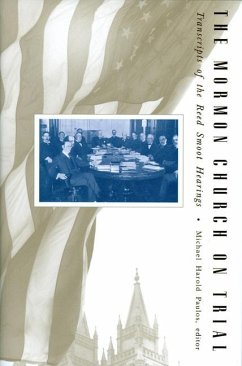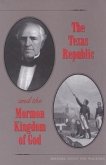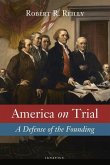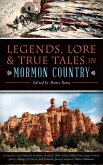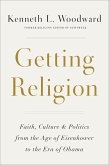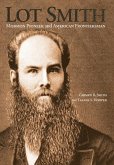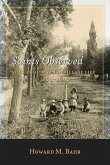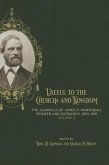from the jacket flap: The fabled Reed Smoot hearings (1904-06) ushered the LDS Church into twentieth-century American life. Originally published alongside other government business in four volumes comprising 3,432 pages, the current abridged and annotated volume makes for accessible, comprehensible, and suspenseful courtroom drama. Many of the witnesses called to testify--for and against Smoot--emerge as unforgettable characters. Almost all possessed information not generally known to the public, which makes their statements all the more revealing. In voicing personal beliefs, they often exhibit equal doses of eloquence and belligerence. They occasionally seem to disclose more than they had intended. Some stand firmly on principle, while others are clearly there to advance personal agendas. Greatly enhancing the impact of these transcripts, editor Michael Paulos cites behind-the-scenes communications between Reed Smoot and Joseph F. Smith, among others. In a typical letter, Smoot complains that the public overheard President Smith and Elder Francis M. Lyman having a "jolly good laugh" on the train home after testifying, bragging about how they had "put [Senator] Burrows in a hole." Smith replied that their "jolly laugh" was over how that "sly old fox, Senator Haor," had "tangled [with Lyman] on the Senator's favorite theme--'revelation.' We thought the shrewd old lawyer rather got Lyman into the hole." After Smoot himself testified, his secretary, Carl Badger, wrote home to his wife that the Senator had "wanted his religion to appear reasonable and common-sensed to his fellow associates on the Committee." Badger added that "the Senator is a very practical man, he is not spiritually minded. He is not well educated, has done comparatively little reading; his ideas are not exact, and his way of expressing them is vague and uncertain so that his testimony in some ways was unsatisfactory, but taken as a whole, and considering what I had expected from him I was well pleased with what he said. ... The Senator is not a brave man in a moral sense, but we all shrink when it comes to the test. You must not allow anyone else to read my letters. Be very careful about quoting me. The Senator is an anomaly as an apostle, and the situation can only be explained by a recourse to the thought that the ways of the Lord are inscrutable to man. ... I am thoroughly convinced that this investigation answers some divine purpose--that we need it and therefore it has come. ... The Senator has been under a very severe strain, and deserves our sympathy."
Hinweis: Dieser Artikel kann nur an eine deutsche Lieferadresse ausgeliefert werden.
Hinweis: Dieser Artikel kann nur an eine deutsche Lieferadresse ausgeliefert werden.

